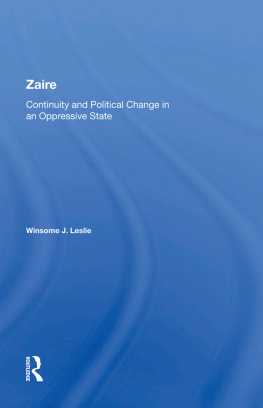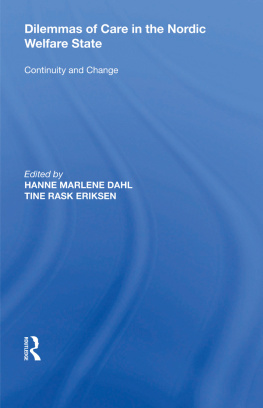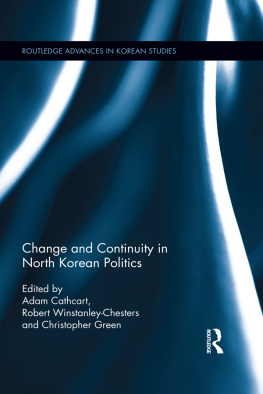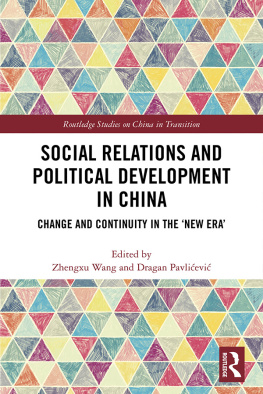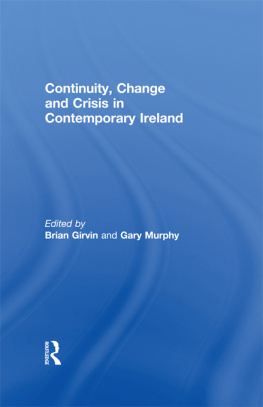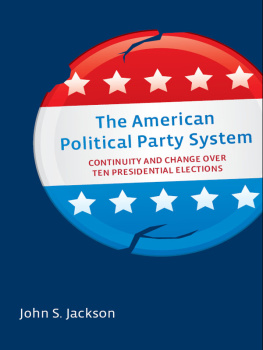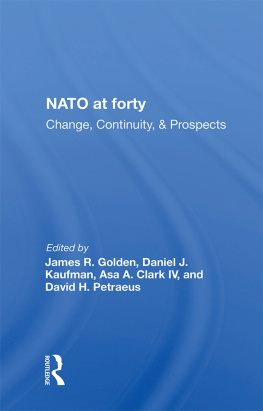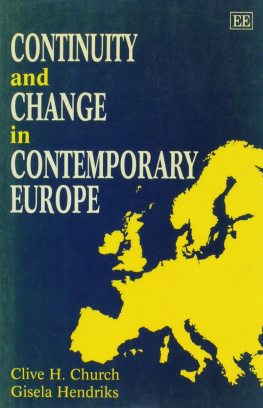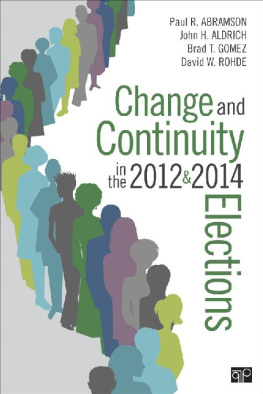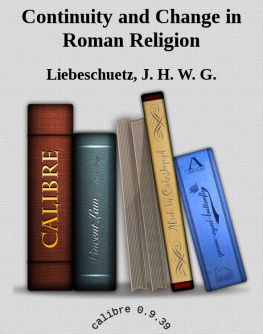ZAIRE
Westview Profiles Nations of Contemporary Africa
Larry W. Bowman, Series Editor
Zaire: Continuity and Political Change in an Oppressive State, Winsome J. Leslie
Gabon: Beyond the Colonial Legacy, James F. Barnes
Guinea-Bissau: Power, Conflict, and Renewal in a West African Nation, Joshua B. Forrest
Namibia: The Nation After Independence, Donald L. Sparks and December Green
Zimbabwe: The Terrain of Contradictory Development, Christine Sylvester
Mauritius: Democracy and Development in the Indian Ocean, Larry W. Bowman
Niger: Personal Rule and Survival in the Sahel, Robert B. Charlick
Equatorial Guinea: Colonialism, State Terror, and the Search for Stability, Ibrahim K. Sundiata
Mali: A Search far Direction, Pascal James Imperato
Tanzania: An African Experiment, Second Edition, Revised and Updated, Rodger Yeager
Cameroon: Dependence and Independence, Mark W. DeLancey
So Tom and Prncipe: From Plantation Colony to Microstate, Tony Hodges and Malyn Newitt
Zambia: Between Turn Worlds, Marcia M. Burdette
Ethiopia: Transition and Development in the Horn of Africa, Mulatu Wubneh and Yohannis Abate
Mozambique: From Colonialism to Revolution, 1900-1982, Allen Isaacman and Barbara Isaacman
Zaire
Continuity and Political Change in an Oppressive State
Winsome J. Leslie
All photographs are by the author unless otherwise attributed.
First published 1993 by Westview Press
Published 2019 by Routledge
52 Vanderbilt Avenue, New York, NY 10017
2 Park Square, Milton Park, Abingdon, Oxon OX14 4RN
Routledge is an imprint of the Taylor & Francis Group, an informa business
Copyright 1993 by Taylor & Francis
All rights reserved. No part of this book may be reprinted or reproduced or utilised in any form or by any electronic, mechanical, or other means, now known or hereafter invented, including photocopying and recording, or in any information storage or retrieval system, without permission in writing from the publishers.
Notice:
Product or corporate names may be trademarks or registered trademarks, and are used only for identification and explanation without intent to infringe.
Library of Congress Cataloging-in-Publication Data
Leslie, Winsome J.
Zaire: continuity and political change in an oppressive state /
Winsome J. Leslie.
p. cm. (Westview profiles. Nations of contemporary Africa)
Includes bibliographical references and index.
ISBN 0-86531-298-2
1. ZairePolitics and government1960- . 2. ZaireEconomic
conditions. 3. DespotismZaireHistory. I. Title. II. Series.
DT658.L46 1993
967.51dc20 92-46921
CIP
ISBN 13: 978-0-367-21389-3 (hbk)
| Tables |
| Maps |
| Zaire: Administrative divisions |
| Photographs |
Writing a book is in many ways a collaborative effort, and I would like to express my appreciation to all those who participated in this project. A special word of thanks must go to Thomas Callaghy for encouraging me to contribute to the Westview Profiles. Larry Bowman offered invaluable editorial insights for which I am grateful, and Barbara Ellington, Mick Duffy, and the staff at Westview Press are to be applauded for their untiring assistance on so many phases of this manuscript.
My deepest appreciation goes to all the individuals, including Zairians, who graciously granted me confidential interviews. Certain aspects of the book could not have been written without them. My thanks go to Maria de Santis for her assistance with graphics, to Bill Hezlep for his first-rate work in cartography, and to Ulrich Boegli for the contemporary map of Zaire. I express my gratitude to Don Fitzpatrick for his help with obtaining information on Zaire at the United Nations, to Abu Kari for access to Zairian newspapers and other current information on Zaire, to Felipe Tejeda for information on Zairian music, and to Learned Dees for graciously granting me permission to use his photographs.
Dianne Roberts and Harold Young provided critical comments on earlier drafts of the manuscript, and for this I thank them. A special word of appreciation goes to T. Michael Peay for his friendship and for providing substantive feedback on several chapters. Thanks to my parents and sister for their love and support and, finally, to my grandmother for all the intangible ways in which she enriched my life. This book is dedicated to her.
Winsome J. Leslie
On June 30, 1990, the Republic of Zaire, formerly the Belgian Congo, celebrated thirty years of independence. The country first emerged on the international stage when Africa was partitioned by the European powers at the Berlin Conference of 1884. After more than one hundred years as a political entity, Zaire still captures international attention.
Zaire has had a turbulent past. The country has experienced foreign conquest, colonial exploitation, and finallyin 1960independence hastily engineered by the Belgians. The postcolonial period between 1960 and 1992 has reflected this legacy: Violent upheaval and tenuous stability on the political front have been coupled with brief periods of growth in the midst of general economic decline. Although it is potentially one of the richest countries in Sub-Saharan Africa, given its vast natural resource endowments, the fortunes of the majority of Zaire's citizens have not improved. Nevertheless, Zairians have shown an amazing resilience and a determination to survive and cope, often against tremendous odds.
Over time, there has been a fundamental element of continuity between the contemporary state and its past. The country still remains vulnerable with respect to foreign penetration and influence over the economy. Colonial economic and political structures remain, albeit adapted to modern realities, as traditional life and customs continue. Furthermore, Zaire has been ruled by one president, Mobutu Sese Seko Kuku Ngbendu Wa Za Banga, for over twenty-five years. In the view of the major Western powers, this rule has provided a powerful element of stability over time, but the oppressive, authoritarian nature of the regime has had an adverse impact on socioeconomic welfare. These threads of continuity in turn have implications for the future evolution of the Zairian state and the larger society as well as for the country's ability to function from a position of strength in the international economy. Prospects for change are inevitably shaped by the past and present. In the broad overview of Zaire presented in this book, contemporary trends, linking present realities to the historical development of the state, are examined.
In physical terms Zaire is an imposing country. Lying in the heart of Africa across the equator, it is the third-largest country on the continent with respect to territorial size, covering approximately 2.3 million square kilometers. The fifth-largest country in terms of population, with an estimated 35.8 million people as of 1990, Zaire is divided into eleven administrative regions: Bas Zaire (or Lower Zaire), Kinshasa (the capital, which has the status of a region), Bandundu, quateur, Haut Zaire (Upper Zaire), Kasai Oriental (Eastern Kasai), Kasai Occidental (Western Kasai), Nord Kivu (North Kivu), Sud Kivu (South Kivu), Maniema, and Shaba (see map on page xii; prior to 1990 Nord Kivu, Sud Kivu, and Maniema were subregions of Kivu). Population growth has increased significantly in recent years, averaging 3 percent annually, and has surpassed the growth of national income. As a result, gross national product (GNP) per capita has been declining according to official estimates. Forty-seven percent of the total population is under fifteen years of age; this age distribution and the high population growth together have put additional strains on the social welfare system. Average population density is generally low, although there is considerable variation between regions (from 8 inhabitants per square kilometer in quateur to 266 in Kinshasa). By contrast, urbanization rates are high, with 39 percent of the total population living in urban centers. Kinshasa alone has approximately 3 million inhabitants, or about 10 percent of the total population.


